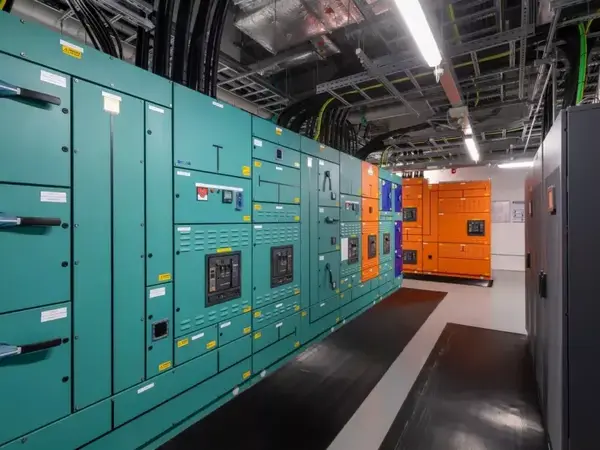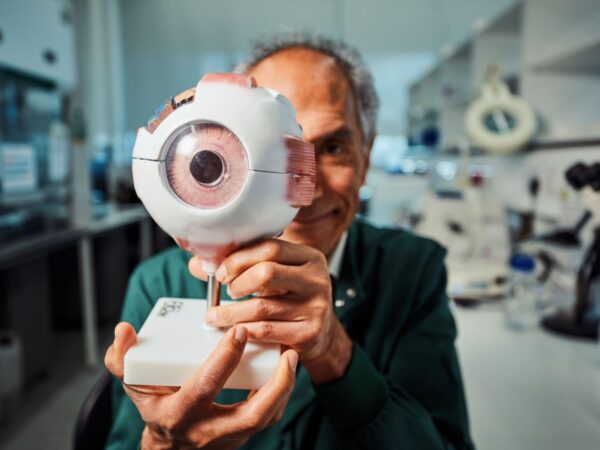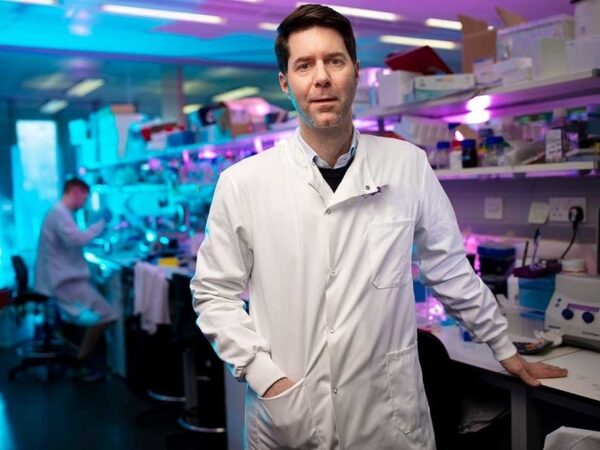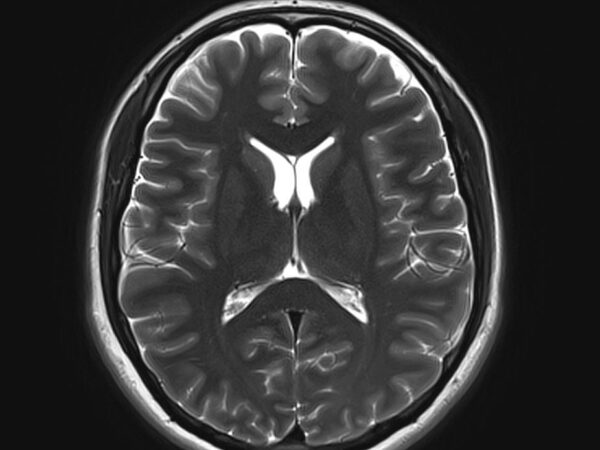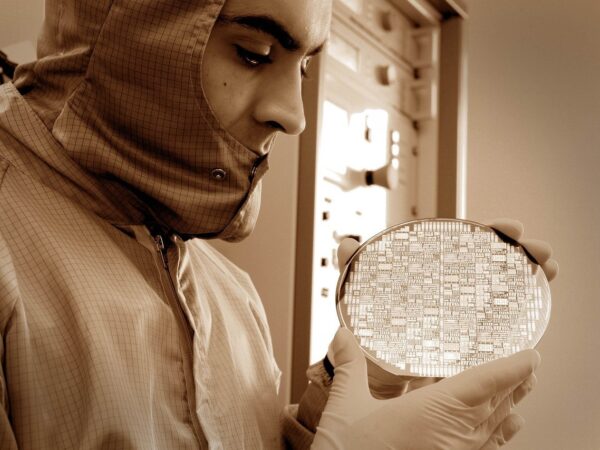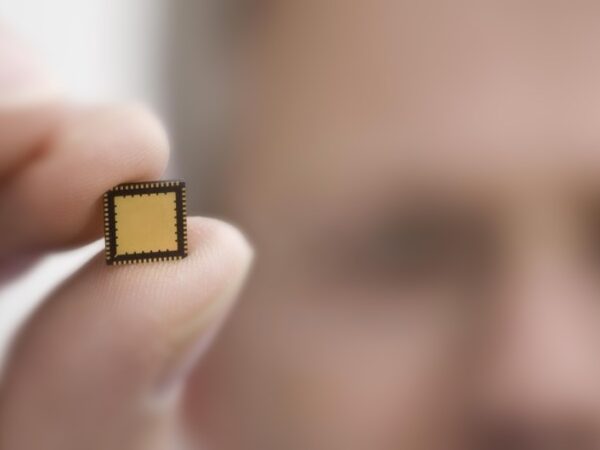
The University of Edinburgh is marshalling cutting-edge data, digital and AI technologies to unlock solutions to a range of environmental, social and economic challenges.
As part of our ambitious Data-Driven Innovation programme (within the Edinburgh and South East Scotland City Region Deal), we have committed to making Edinburgh the data capital of Europe. Our advanced computing capacity and world-leading informatics enable us to harness data and computational methods across all of our disciplines to address key challenges responsibly and ethically.
Our work is underpinned by the strength of infrastructure which can unlock value from data, allowing companies to gain real insights into their data and establish important correlations, patterns and relationships.
Spanning the spheres of hardware and software, we offer a skills-rich, imaginative environment where industrial, academic and other organisations can collaborate with us and each other to drive new ideas forward, test concepts and assess the market potential of innovative products and services.
The University of Edinburgh is the birthplace of Artificial Intelligence (AI) in Europe and one of Europe’s largest centres for AI research.
Key Areas of Expertise
Artificial intelligence and machine learning
Artificial intelligence at the University of Edinburgh
The University of Edinburgh is the birthplace of Artificial Intelligence (AI) in Europe. AI has been part of our history for more than six decades and continues to influence and drive our extraordinary work today and into the future. We believe AI has the ability to unlock economic growth, create previously unimagined jobs and industries, offer solutions to over-stretched public services, and make the lives better for everyone in the UK – and beyond. We believe this because at Edinburgh we are already doing it.
Download the Leading Artificial Intelligence brochure
The Centre for Design Informatics
The Centre for Design Informatics provides a platform in which design and data science can mix. The Centre draws on the University’s unique combination of strengths in informatics and design, to inspire, equip and nurture a new generation of design-informatics researchers, practitioners and entrepreneurs. The Centre delivers design-centred solutions for commercial, cultural and civic sectors.
The study of the structure, behaviour, and interactions of natural and engineered computational systems. The central focus of Informatics is the transformation of information - whether by computation or communication, whether by organisms or artefacts. Understanding informational phenomena - such as computation, cognition, and communication - enables technological advances.
Fintech
Fintech and Financial Services research cluster
Professor Gbenga Ibikunle's research cluster creates innovative programmes focused on solving problems and
applying skillsets for the Fintech workforce now and
in the future; develops interdisciplinary research to address societal
challenges and explore new business models linked to the delivery of
financial services; and works with partners to develop solutions to
address industrial challenges for societal benefit.
Areas of expertise include asset pricing and investment, banking, finance and investments, cyber security and ethics of technology use, design informatics and data sciences, economic sociology/philosophy, machine learning and AI, management science and operations research, sustainable finance, and technology and innovation, e-commerce and blockchain.
Edinburgh Futures Institute (EFI)
EFI connects researchers from across a range of disciplines to address major industry challenges and has a particular focus on the application and use of Fintech. Our academics are developing interdisciplinary research to address societal challenges and explore new business models linked to the delivery of financial services.
The University is a founding member of Fintech Scotland and was named Financial Technology Partner of the Year at the 2019 Scottish FinTech Awards, in recognition of initiatives and engagement with financial services and Fintech companies.
The Smart Data Foundry's mission is to open finance for good. They unlock financial data and smart data for research, we support data-driven innovation to make change happen, and we grow specialist talent so more thrive. The Foundry provides a secure data environment where real consumer data from UK financial institutions can be safely shared with organisations working on big societal economic and environmental problems: helping to accelerate research, prove ideas and get to solutions quicker.
Health data
Advanced Care Research Centre (ACRC)
The ACRC is a multi-disciplinary research programme combining
research across fields including medicine and other care professions,
life sciences, engineering, informatics, data and social sciences.
Putting data and innovation at the centre of responses to health and care system challenges is critical to improving health, care and services through research, innovation and planning. DataLoch engages with private, public and third-sector health and social care organisations to drive research and innovation through the use of data.
The Usher Institute is one of five Data-Driven Innovation Hubs as part of the Edinburgh and South East Scotland City Region Deal. The Institute develops innovative and financially sustainable models of health and social care improving lives, through the application of data science. The Institute will be a world-leading innovation hub where the public, private and third sectors collaborate to enable data-driven advances in health and social care delivery.
Data Science
The Bayes Data Science Unit (Bayes DSU) provides a point of entry for engaging with University staff and students to work on collaborative data science projects. We are a rapid-response interdisciplinary team that can quickly engage with high-impact collaborative research opportunities.
Centre for Technomoral Futures
As part of the DDI Hub, Edinburgh’s Futures Institute (EFI), the Centre for Technomoral Futures aims to unify technical and moral modes of future-building expertise in new models of research, education, design and engagement that directly serve the goals of sustainable, just and ethical innovation.
From food production and climate change to exploring Space and genetically tailored healthcare, the Data-Driven Innovation (DDI) initiative is a cluster of innovation hubs that bring academic disciplines together to delve into some of the world’s most pressing challenges – using data to innovate. The University has ambitious plans to increase our impact and help make Edinburgh the Data Capital of Europe.
Edinburgh Cybersecurity, Privacy and Trust Institute
Complex industry challenges such as Social Engineering and Data Management exist in a rapidly evolving landscape. The University of Edinburgh is one of the leading cyber security research institutions in the UK and currently the only Scottish University recognised as an Academic Centre of Excellence in Cyber Security Research by the NCSC and EPSRC.
Edinburgh International Data Facility (EIDF)
Built and operated by EPCC at the University of Edinburgh, and governed by the Data-Driven Innovation Programme (DDI) of the Edinburgh and South-East Scotland City Region Deal. Part laboratory, part repository, the Edinburgh International Data Facility (EIDF) provides computational and storage services to support data-driven innovation for the Edinburgh and South-East Scotland region and beyond.
Edinburgh Parallel Computing Centre (EPCC)
EPCC has been a UK-leading high-performance computing centre for more than 25 years. It hosts and administers national-level facilities including ARCHER2 UK national supercomputing facility, DiRAC UK national supercomputing facility and UK Research Data Facility (UK-RDF) UK national data facility.
Our supercomputers have vast storage space and their multi-core processing power means that they can quickly convert data into meaningful business intelligence. We have expertise in distributed computing as well as data integration and data analytics.
Optimisation and Operational group
The core technology in optimisation is the solution of large sparse linear and quadratic problems. We have world-class expertise in the two main solution methods for these: the simplex method and the interior point method. In addition, we have interests in global optimisation, decomposition methods, parallel computing, industrial applications of optimization, and stochastic optimisation.
